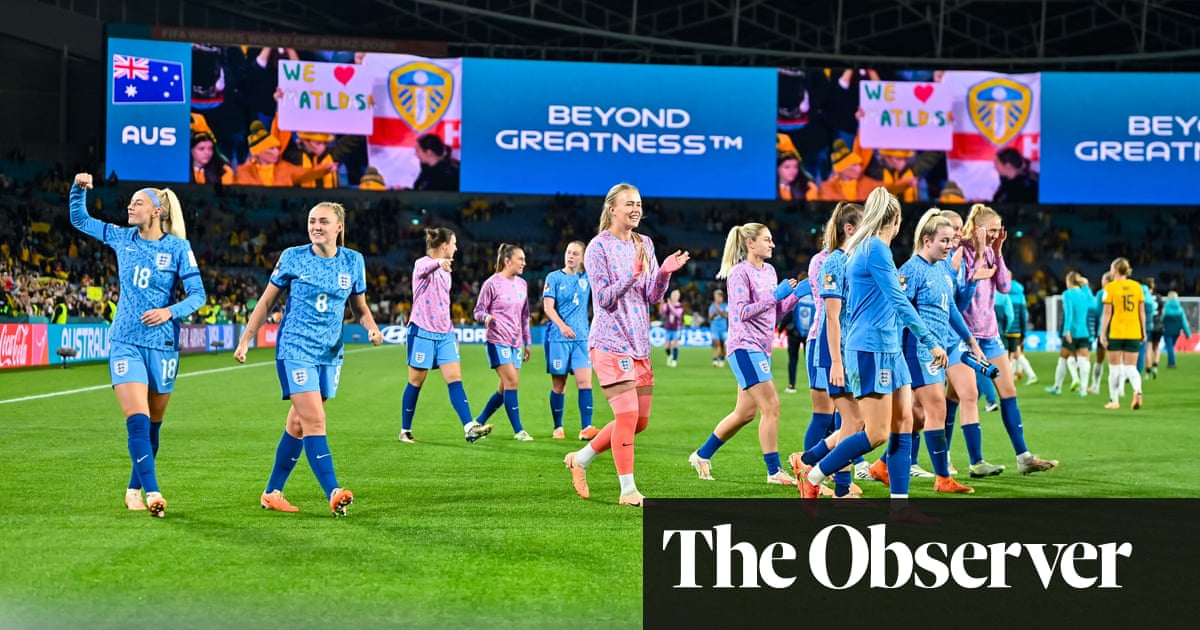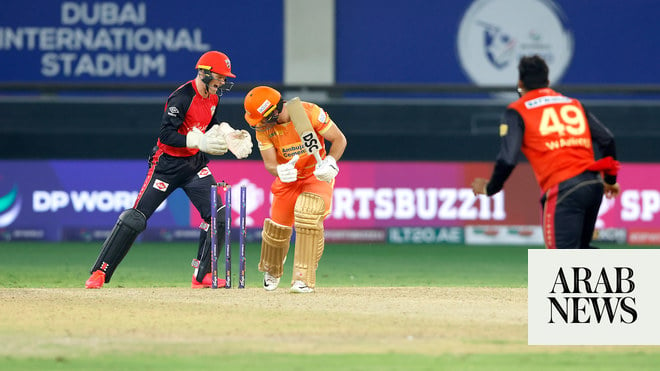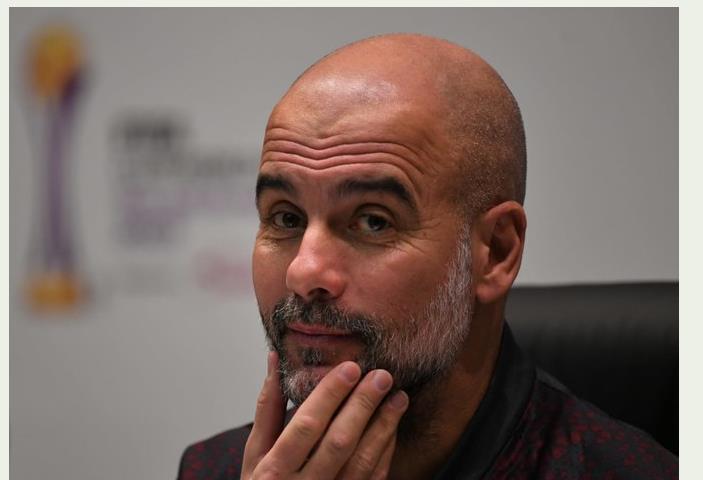
The faces say it all: despite the heartbreak of an agonising 2015 World Cup semi-final defeat, the Lionesses grip their bronze medals after the third-place play-off win over Germany jubilantly. That team had overachieved, surprised and captured the hearts of a nation: 2.4 million stayed up for the midnight kick-off to watch the semi-final on the BBC and the big guns at the Football Association were starting to take note.
They had missed the opportunity to capitalise on the interest because they hadn’t expected it but in January 2016 Sue Campbell was announced as the organisation’s new head of women’s football. Just over a year later and the FA apologised for the almost 50-year ban on women’s football and unveiled its Gameplan for Growth.
The picture of the players in their red away kit, celebrating with their bronze medals stares out from the cover. There were three headline targets: doubling participation, doubling the fanbase and achieving consistent success on the world stage. Hidden within the targets of how to achieve the last of these was “Potential to win 2023 Fifa World Cup”.
In her introduction to the report, Campbell spells it out. “Our third-place finish in the last Fifa World Cup was a remarkable achievement but we are setting an even more ambitious target for 2023,” she wrote. “To achieve this, we will be working tirelessly with the clubs in the FA Women’s Super League to create a vision for the women’s game that is mutually supportive and will be the envy of the world. The time is right, and the time is NOW!”
Those in the Bobby Moore room at Wembley for the launch of the strategy could be forgiven for being sceptical, given the organisation’s record of opposition and then indifference. However, Campbell’s appointment and energy were hard to overlook.
The FA ticked off every objective in the three-year Gameplan for Growth bar one, something they could not possibly know the answer to at the 2020 conclusion of the strategy, when new targets would be set: would these plans put England in a position to be able to win the 2023 World Cup? The answer: yes. England’s women’s team are in their first World Cup final and will play Spain on Sunday for the biggest prize.
The journey to this point has been a long one – decades, a century even, in the making – and it would be remiss to omit the contribution of those who fought to get the game and team to a point where that bronze was possible and to force the FA to read the room. But, in terms of the concrete work that led to the success of this Lionesses side, it feels important to pick out the 2017 strategy that put the conditions and support around the players to best develop them and make them world-beaters.
Professionalising the top two leagues; appointing a head of performance, head of women’s coach development, coach development officers and a refereeing manager; ensuring players in all England age groups have “world-class coaching, sports science and sports medicine services, as well as individual lifestyle and wellbeing support”; dual career pathways; access for girls at grassroots level; developing primary and secondary school programmes … the list of promises within the strategy goes on.
These conditions, these new environments, which are still far from perfect, have allowed senior players such as Lucy Bronze, Bethany England and Laura Coombs to turn fully professional. The younger players, such as Georgia Stanway and Lauren Hemp, have never had to combine work with playing. After the appointment of Sarina Wiegman as manager, at national team level they have what Campbell has called the missing piece of the puzzle.
The FA head of the women’s professional game, Kelly Simmons, a major driver of women’s football, said of Wiegman
“Her record is absolutely astonishing. To think she has been to the last four major tournaments and reached the final in them all is absolutely incredible.
“She has helped to take the Lionesses to the next level. She is a world-class manager and we’re very lucky to have her as our leader.”
Now, these professional and professionally supported England players can just play football. Winning will not be easy. Spain are a technically gifted group, playing through the pain of a haemorrhaged and frustrated squad unhappy with the culture built by their coach, Jorge Vilda. That they have reached the final despite the off-field troubles speaks to their quality.
England have not come up against a side like Spain in this tournament but they are familiar foes, having come from behind against them in their Euro 2022 quarter-final to win 2-1 in extra time and set them on course for a first major tournament trophy.
How Keira Walsh fares against her Barcelona teammate Aitana Bonmatí will be critical, as will whether England’s defence can handle the vibrant Salma Paralluelo. The Lionesses, though, seem to be hitting form at the right moment.
“It’s tournament football. You are not always going to play well,” said Simmons. “What’s impressed me is that they have found ways to win, they have been resilient.
“It was a privilege to be in the stadium for the semi-final [against Australia] in such a great atmosphere with two great teams. Fortunately, we were able to find that extra gear and come through a tough game. Spain are a fantastic team so the final will be tough.”
It will be tough, very tough, but the calm that has settled over England’s camp remains. They believe they can win, they trust the process, they trust their manager and they trust each other. If one team in the final is notable for how divided it is, the other is notable for its overwhelming unity.
Despite the retirements since the European Championship triumph, the injuries to key personnel, the loss of the influential Walsh for a game, a shift in formation and the two-match suspension of Lauren James, England have reached a World Cup final. It is an extraordinary achievement.












